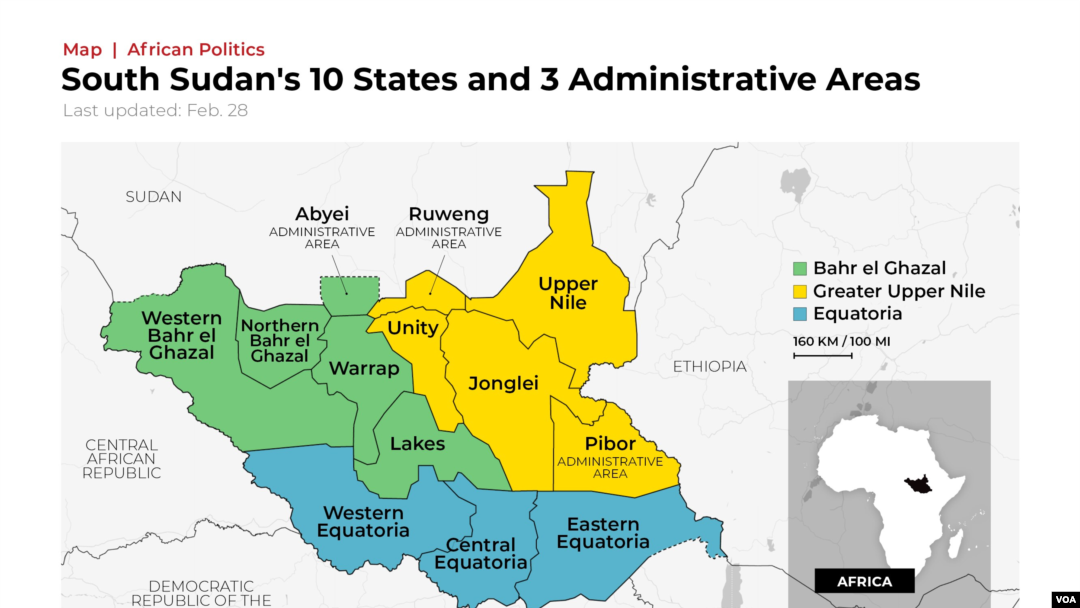Patrick Oting, the Eastern Equatoria State minister of information, revealed that the decision was reached during an extraordinary State Council of Ministers meeting, chaired by the governor. According to Oting, the Ministry of Education reported over 300 desertions from the teaching profession, resulting in their termination.
Some of the affected public servants voiced their discontent with the state government's decision to dismiss them without prior notice.
Dada Patrick, an employee at the State's Ministry of Labor, cited low wages as the reason for many government workers abandoning their positions.
"How will you feel to stay in one place when you are not really getting something. You have to go somewhere looking for green pastures," he told to VOA.
Patrick asserted that the dismissal of civil servants was done without proper procedure, emphasizing that the government should have informed the teachers and other civil servants before taking such action.
Similarly, Angelo Akinok, who works in the state Ministry of Education, echoed his dissatisfaction with the government's decision.
"The money that they are paying us is too low. You cannot compare it with the market. For example, I, myself...am getting 14,000 SSP (about $107), and a sack of flour is more than 14,000 SSP. Up to now we are getting old salaries, and people in other states are getting more than us," Akinok stated.
Akinok stressed the significance of fair payment and retaining qualified teachers as crucial factors in ensuring the quality of education in South Sudan.
He says he firmly believes that dismissing teachers will not contribute to improving the education system.
Oting clarified that the state government is not responsible for pay increases, as that authority lies with the national government and the Ministry of Public Service.




